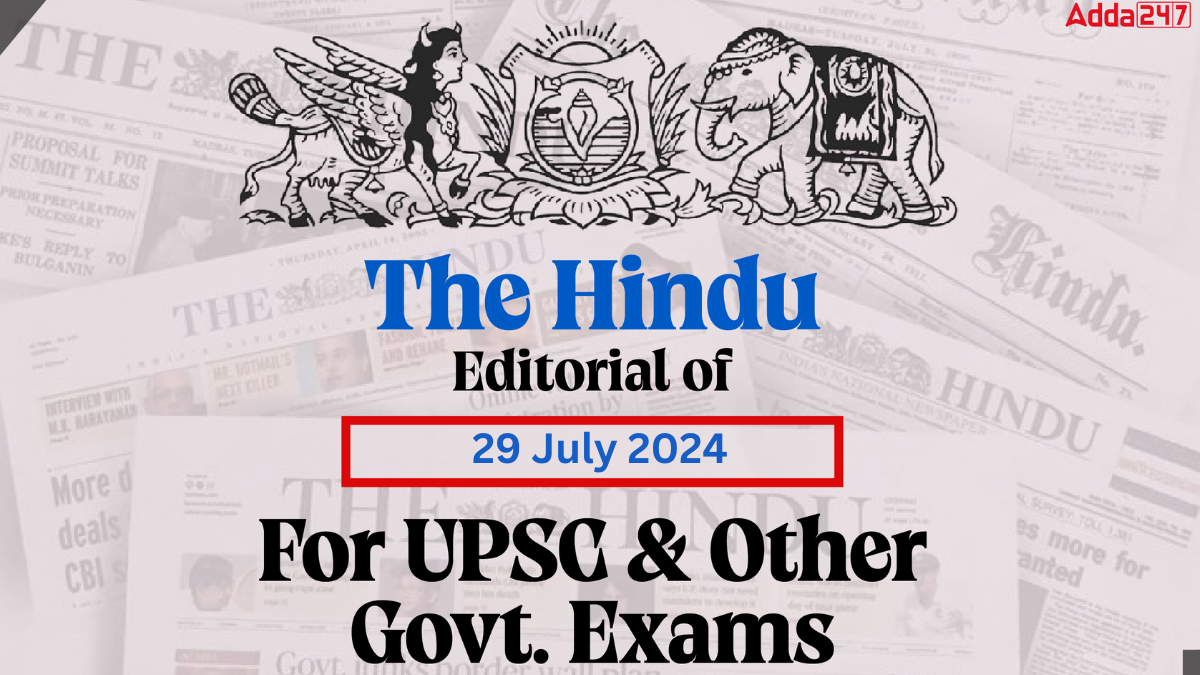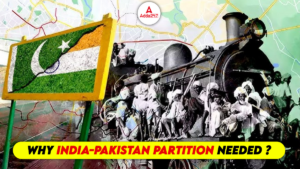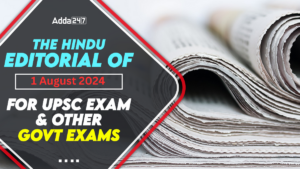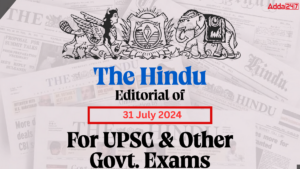Editorial 1:Recasting care models for mental illness and homelessness
The article examines how homeless persons living with a mental illness (HPMI) are traditionally viewed as refuge seekers, leading to rescue missions focused on moving them to institutions like mental hospitals and shelters. It argues that while the risks of street life for HPMIs are valid concerns, this approach overlooks the agency and choices of the individuals.
Historical Perspective and Limitations
- Early Approach: Two decades ago, the focus was on providing shelter and treatment over considering the agency and choices of HPMIs.
- Social Order Impact: Dominant narratives of social order can limit responses and imagination in addressing the needs of HPMIs.
- Cultural and Non-Typical Experiences: Recognizes that culture, freedoms, and notions of safety can be experienced in non-typical ways by HPMIs.
Engagement with Lived Experience Experts
- Support Circles: Homeless persons often form local support circles, offering a sense of belonging.
- Narratives of Oppression: Despite the self-curated support, HPMIs face oppression, scarcity, abuse, and exacerbation of symptoms.
- Complexity of the Issue: The problem should not be seen in rigid binaries but understood with its complexities.
Efforts in India
- Collaborative Initiatives: Efforts by the National Health Mission, Tamil Nadu Department of Health, and other organizations have led to the establishment of Emergency Care and Recovery Centres (ECRCs) in district hospitals.
- Benefits of Integration: This model disrupts the dominance of large asylums, offers immediate care, and addresses overcrowding and poor care quality issues.
Institutional Care Challenges
- Long-Term Needs: A significant portion of individuals in psychiatric facilities experience long-term stays due to police and judicial interventions.
- Rehabilitation Guidelines: Guidelines by the Department of Empowerment of Persons with Disabilities exist, but the community re-entry pathways remain limited.
- Housing Initiatives: Programs like Housing First and Tarasha demonstrate successful integration models, offering comprehensive social and clinical care.
Reframing Support Measures
- Financial Support: Proposes a monthly disability allowance to support HPMIs.
- Documentation and Banking Access: Emphasizes the importance of addressing bureaucratic hurdles for financial inclusion.
- Structural Issues: Calls for addressing systemic issues like discrimination, segregation, and deprivation.
- Workforce Participation: Advocates for social cooperatives and affirmative action policies to support socio-economic inclusion.
Conclusion
- Tamil Nadu’s Policy: Tamil Nadu will soon release a policy integrating these approaches, aiming to honor the agency and choices of HPMIs.
- Holistic Approach: The article advocates for a multifaceted approach that respects the rights and agency of HPMIs, challenging the reductionist view of them as mere charity recipients.



 Why India-Pakistan Partition Needed?
Why India-Pakistan Partition Needed?
 Today The Hindu Editorial of 1 August 20...
Today The Hindu Editorial of 1 August 20...
 The Hindu Editorial Today 31 July 2024, ...
The Hindu Editorial Today 31 July 2024, ...








